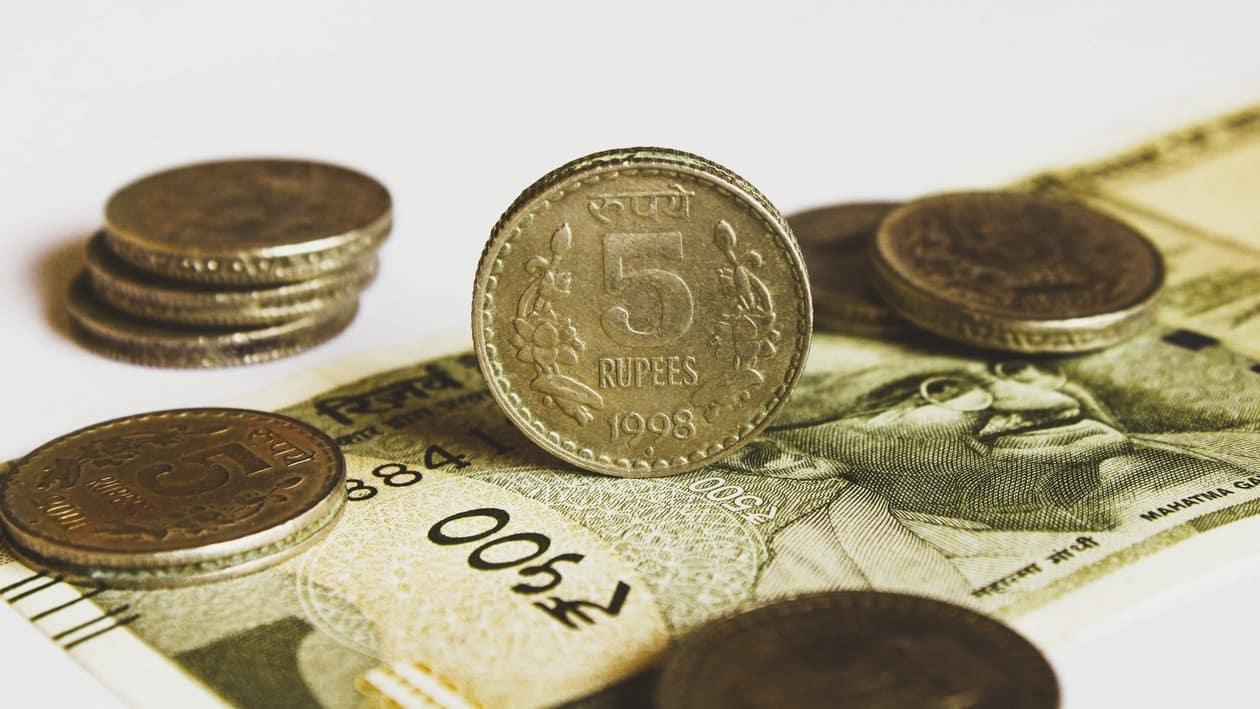On November 12, 2021, the prime minister announced the commencement of the Retail direct scheme, which encourages retail investment in government securities by allowing ordinary investors to register an online retail direct gilt or RDG account with the RBI. It will be accomplished by giving the account owners with prices and quotations that will assist them in trading securities. These accounts can be connected to their bank accounts for savings.
The Retail Direct Scheme allows investors to participate in four different types of government securities namely treasury bills, state development loans, Government of India dated Securities , and Sovereign Gold Bonds. According to existing regulations, an investor must deposit a minimum of Rs. 10,000, whereas the minimum purchase for SGBs is one gramme of gold.
Who all are eligible to invest?
Retail investors, as defined by the RBI Retail Direct scheme, can register for the scheme and maintain an RDG account if they have a rupee savings bank account in India, a PAN issued by the Income Tax Department, any OVD for KYC purposes, a valid email address, and a registered cellphone number.
Non-resident retail investors who are qualified to participate in government securities under the Foreign Exchange Management Act of 1999.
The RDG account can be formed alone or in collaboration with another retail investor who satisfies the qualifying requirements.
What are the benefits of the scheme?
Investors can make non-competitive deals on all Central Government securities ( such as Treasury Bills and Sovereign Gold Bonds) and securities provided by local State Governments in primary issuance.
Individuals can also use "NDS OM" to enter the secondary market under this programme. The RBI's screen-based, anonymous electronic order matching system for dealing in government securities in the secondary market is known as NDS-OM, or Negotiated Dealing Segment– Order Matching.
Creating an RDG account is completely free and does not need the use of any market middlemen. The RBI's free service would assist lower total transaction costs for retail clients, which they would otherwise have to pay when trading through intermediaries or assuming G-Sec exposure through debt mutual funds.
Previously, government securities were exclusively available to institutional investors like mutual funds, and a pooled amount of ordinary investors was invested in sovereign bonds through entities. Now that ordinary investors have direct internet access to gilts, not only would the investor base grow, but consumers will also have another debt investment option to diversify their portfolio.
